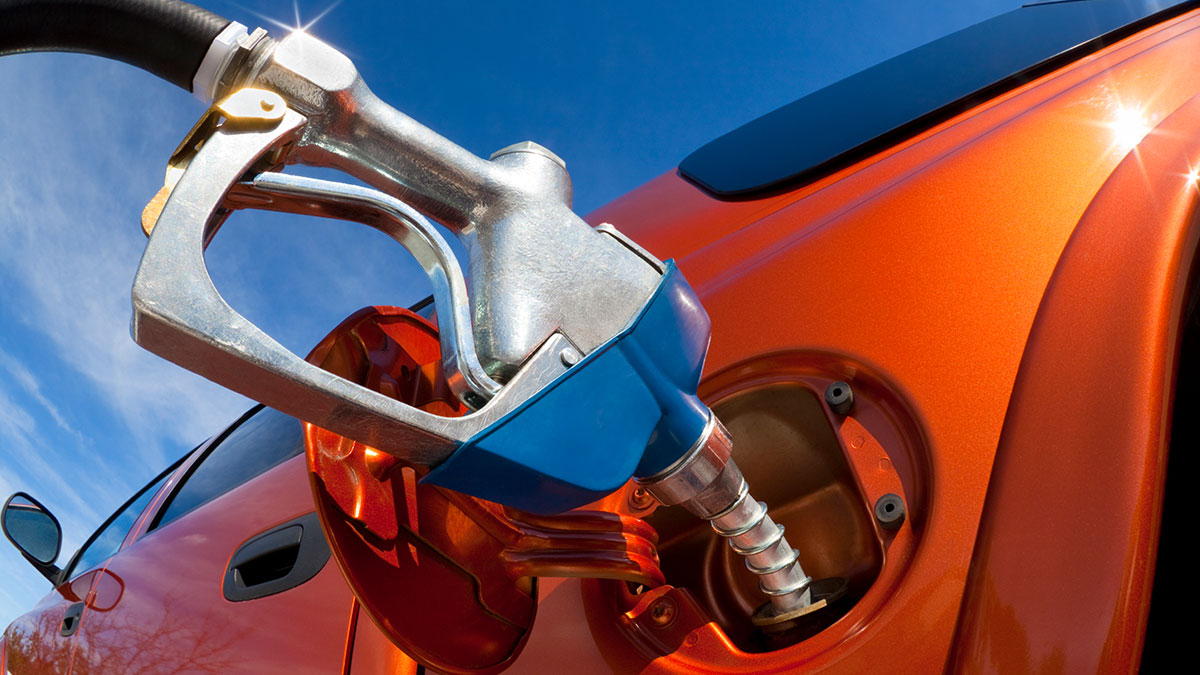This blog post will explore the world of car fuel, covering everything from its role in your engine to tips for maximizing fuel efficiency. Understanding your car's fuel system and adopting efficient driving habits can save you money and help the environment.
What is Car Fuel?
Car fuel, typically gasoline or diesel, is the energy source that powers your vehicle's engine. It's a complex mixture of hydrocarbons that, when ignited, release energy to move the pistons and ultimately, the wheels.
How Does it Work?
The fuel system in your car is responsible for delivering fuel to the engine where it mixes with air and is ignited, creating the power to drive the car. This process involves several key components:
Fuel Tank:
Stores the fuel.
Fuel Pump:
Delivers fuel from the tank to the engine.
Fuel Injectors/Carburetor:
Deliver the fuel-air mixture to the engine cylinders.
Combustion Chamber:
Where the fuel-air mixture is ignited.
Factors Affecting Fuel Efficiency
Several factors can influence how much fuel your car uses:
Driving Habits:
Aggressive driving, including rapid acceleration and hard braking, can significantly decrease fuel economy.
Vehicle Maintenance:
Regular maintenance, such as keeping tires properly inflated and addressing engine issues promptly, can improve fuel efficiency.
Vehicle Weight and Aerodynamics:
Heavier vehicles and those with poor aerodynamics will generally consume more fuel.
Engine Type and Technology:
Modern engines with features like cylinder deactivation or turbocharging can improve fuel efficiency.
Fuel Quality:
Using the correct octane fuel for your vehicle is important.
Using the wrong octane can lead to engine knocking and reduced performance.
Tips for Saving Fuel
Drive Smoothly:
Avoid sudden acceleration and braking.
Accelerate gently and try to maintain a steady speed.
Anticipate Traffic:
Coast to decelerate when approaching stop signs or traffic lights.
Maintain Your Vehicle:
Ensure your tires are properly inflated and address any engine issues promptly.
Plan Your Trips:
Combine errands and avoid short, frequent trips, especially when the engine is cold.
Consider Alternative Fuels:
While still evolving, alternative fuels like hydrogen or electric vehicles offer potential for reduced reliance on gasoline.
By understanding how your car's fuel system works and adopting these fuel-saving tips, you can make a positive impact on your wallet and the environment, says the fuel conservation tips website.
